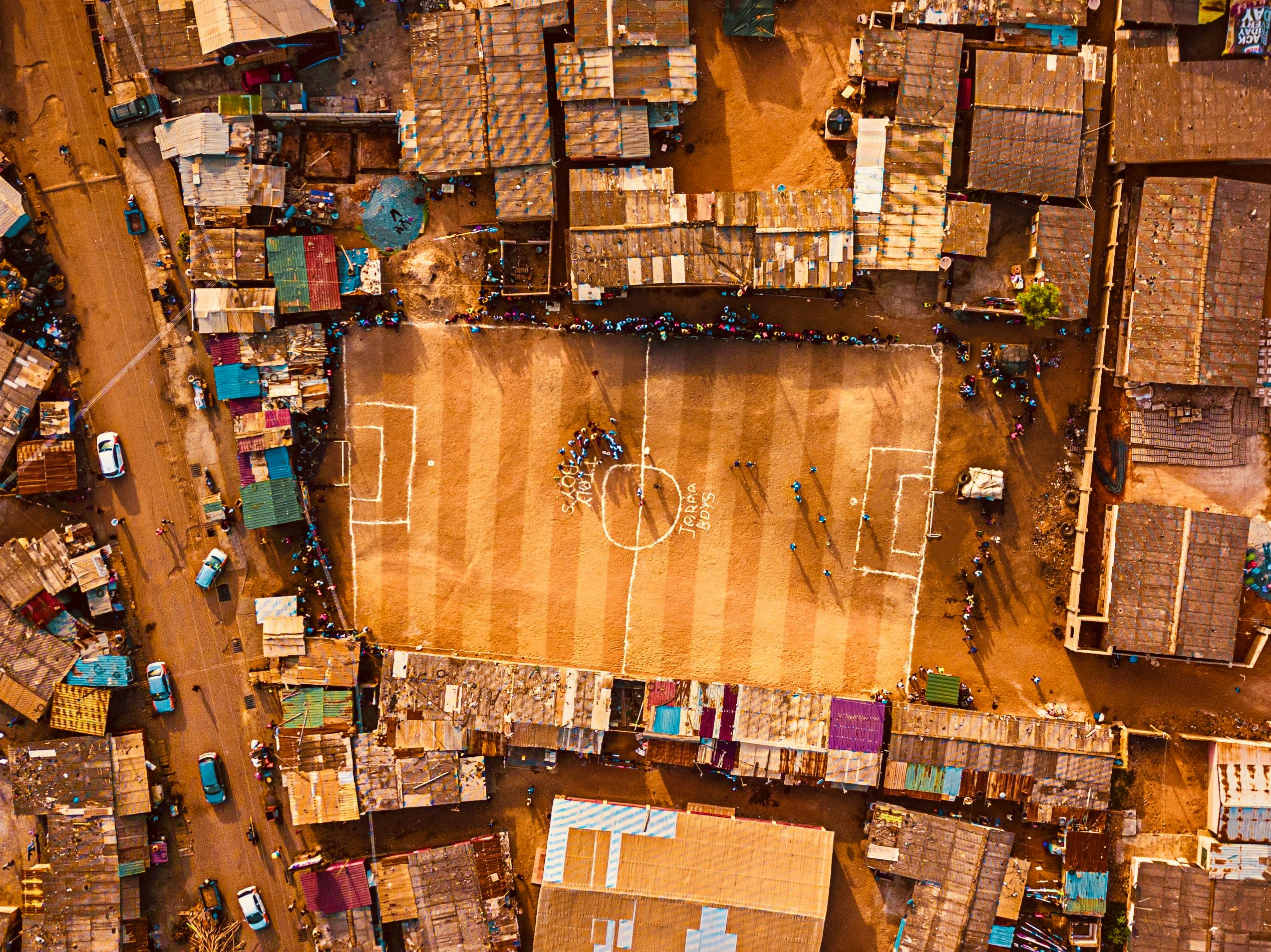Why OOH Will Never Die in Africa

In a world that's rapidly shifting towards digital, it's easy to think that traditional advertising—especially Out-of-Home (OOH)—is on its way out. But in Africa, OOH isn't just surviving; it's thriving. And here's the truth: OOH will never die here. Not today, not tomorrow.
At Midiarack, we're building Africa's first transparent OOH booking platform because we believe the continent's streets, billboards, trotro rears, and digital screens are more than just space—they're powerful storytelling canvases. Let's explore why OOH remains—and will always remain—integral to African marketing.
1. The Streets Are Still the Screen
In many African cities, the street is the pulse of daily life. From Accra to Lagos, Nairobi to Johannesburg, people spend a significant part of their day commuting, walking, or engaging in public spaces. With limited digital penetration in some regions and unreliable internet access in others, OOH is the one screen that never buffers.
You don't need data. You don't need a subscription. You just need to be outside, and Africa's vibrant OOH ecosystem takes it from there.
2. OOH Is Cultural Capital
In Africa, presence is power. A billboard in a prime location isn't just about eyeballs—it's about credibility. It's social proof. It's a brand saying: "We've arrived." Whether it's a startup trying to break into a market or a multinational solidifying dominance, OOH delivers a kind of cultural relevance that digital ads can't replicate.
OOH placements often spark conversation, influence perception, and drive community-wide recognition in ways that Instagram stories simply can't.
3. Trust Still Lives Offline
Digital ads are everywhere—but so are ad blockers, scams, and clickbait. In many African markets, trust still lives offline. A well-placed billboard or branded trotro doesn't feel invasive. It feels intentional. Real. Seen.
People still trust what they see in the physical world more than a popup on their screen. OOH offers authentic visibility—and that matters.
4. OOH Is Evolving—Not Disappearing
Forget static. African OOH is innovating. From LED billboards and interactive street furniture to smart transit ads and location-based targeting, the space is evolving fast.
At Midiarack, we're helping brands tap into this evolution by making media buying smarter, simpler, and more data-driven. The future of OOH in Africa isn't old-fashioned—it's tech-enabled, dynamic, and measurable.
5. The Market Is Wide Open
OOH in Africa is still massively under-optimized. There's no dominant player. Pricing is opaque. Booking is manual. It's fragmented and inefficient—and that's exactly why we're building Midiarack.
We're creating a new standard where marketers—from SMEs to agencies—can find, compare, and book OOH inventory across cities and countries in just a few clicks. Everything. Everywhere. Right here.
In Conclusion: The Street Will Always Speak
As Africa grows—economically, demographically, digitally—OOH will not fade into the background. It will adapt, expand, and become even more relevant.
Because here, on this continent, visibility is opportunity, and OOH is the loudest, boldest, most public form of marketing expression.
So no, OOH is not dying in Africa. It's only just getting started.
Want to explore OOH placements for your brand? Midiarack gives you the visibility, pricing, and control you need—all in one place. Launch smarter. Book faster. Go bigger.
